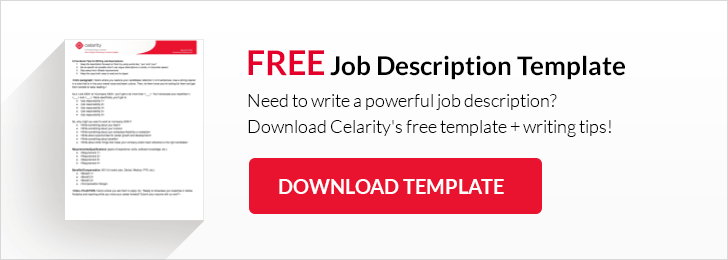Marketing Automation may sound like the magic tool that will solve many of your time management issues. But, as marketers dive into the automation process, they realize there are many facets to consider – everything from the time it takes to ramp-up a marketing automation platform to the tasks that need to evolve on marketing and sales teams.
For this blog post, we’ve enlisted Alise Riedel, an Inbound Marketing Consultant at Denamico, to help us better understand Inbound Marketing and Marketing Automation.
What Is Marketing Automation?
Hubspot defines Marketing Automation as, “the software that exists with the goal of automating marketing actions.” The technology helps set-up simple steps and procedures within various marketing channels like email, chat, social media, landing pages, etc. and can prevent leads from slipping through the cracks. But marketing automation is only one part of a larger inbound strategy.
How Does Marketing Automation Fit Within an Inbound Marketing Strategy?
When marketers utilize an “inbound approach,” their goal is focused on being helpful to the customer and meeting the customer where they are in their unique buying journey. Inbound marketing is based on the idea that people will seek you out and research their buying decision utilizing various marketing channels such as blogs, social media, search engines, and more.
Marketing automation helps to streamline the process and allow your business to become the expert in your space: getting the right message to the right person at the right time. An inbound approach is all about building trust.
Common Inbound Marketing Terms and Tools
Lead Generation: Attracting and converting prospects by capturing their interest on a product or service that will help solve their problem.
- Common marketing channels used: blogs, email, chat, keywords, landing pages, social media, etc.
- Why lead generation is important: This process is not about plugging your business – it’s about sharing knowledge and becoming the customer’s’ choice for a trusted partner.
Content Marketing: “a strategic marketing approach focused on creating and distributing valuable, relevant, and consistent content to attract and retain a clearly defined audience — and, ultimately, to drive profitable customer action.”
- Common tools: social media tools like Sprout Social or Hootsuite, marketing automation tools like Hubspot or Marketo, web analytics tools like Google Analytics, email marketing tools like Constant Contact or Mailchimp, etc.
- Why content marketing is important: Content marketing is all about helping your customer get the right message at the right time. To do this correctly, steps to nurture leads using a personalized approach are needed – rather than blasting prospects with messages that don’t match their needs.
Personas/Buyer Personas: “a semi-fictional representation of your ideal customer based on market research and real data about your existing customers.”
- Common tools: Hubspot templates, Google Analytics demographics and interests data, Google Search Console, CRMs and marketing automation platforms, Facebook Audience Insights
- Why creating personas is important: Creating personas gives your business a place to start and clarifies the type of content you need to create or repurpose. Content should not created blindly but rather, it should be created with a purpose.
The Marketing Automation Process
1. Understand your needs/problems that automation will help you solve
2. Build your marketing automation blueprint
- What you’ve been doing so far
- What has already been produced
- Where you’ve been successful
- Where you can see some “quick wins”
3. Build the marketing automation engine
- Determine how the process is going to run
- Create new content to drive people down the buyer’s journey
4. A/B test to optimize
5. Report and revamp
6. Repeat
It’s important to note that the roles, responsibilities, and processes in this field can vary from organization to organization depending on the firm’s needs. This article is meant to outline some of the basic Marketing Automation concepts you should expect to see when you’re looking through candidate resumes.
If you’re thinking about hiring a Marketing Automation Specialist, there is a lot more you should know about candidate backgrounds. So, watch for our follow-up post, Marketing Automation Specialist (Part 2 of 2) and get more information that will further define this role.


